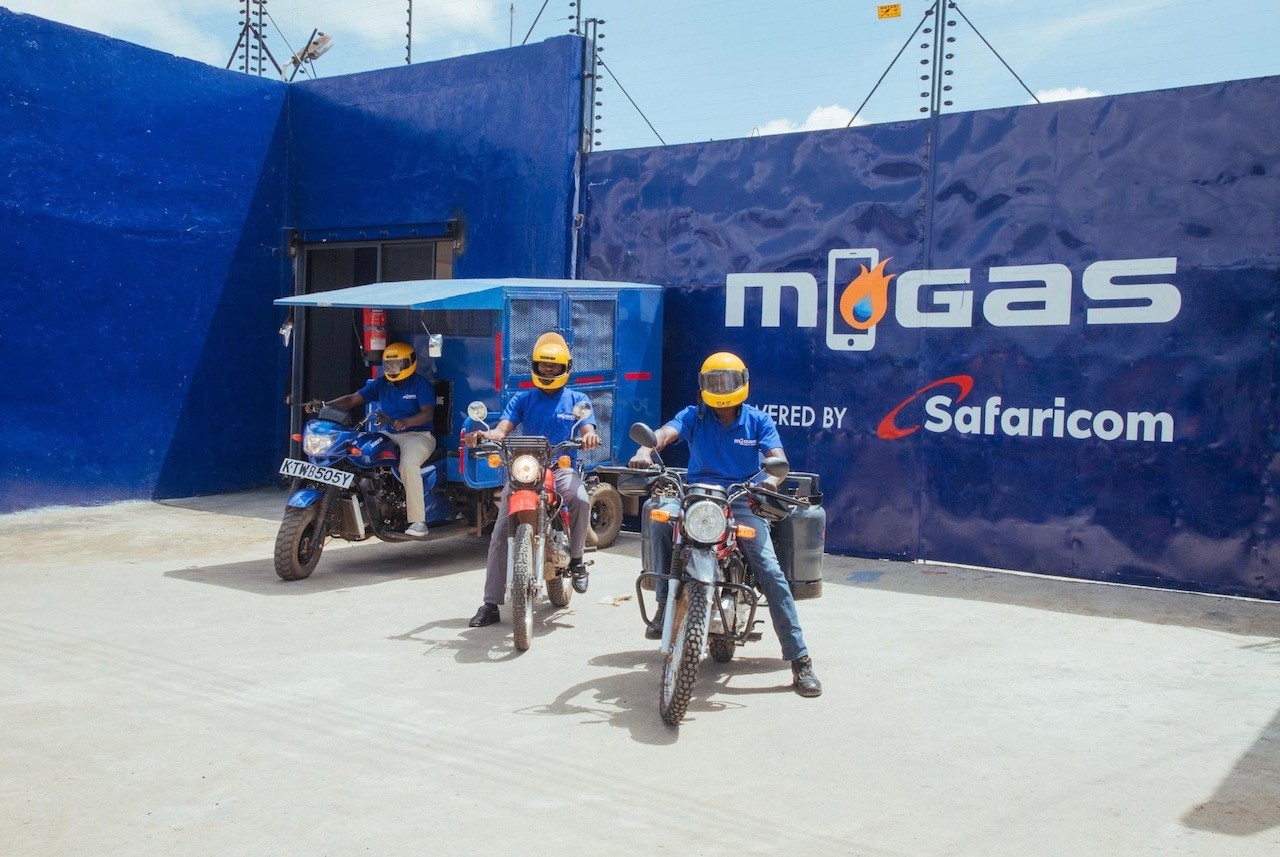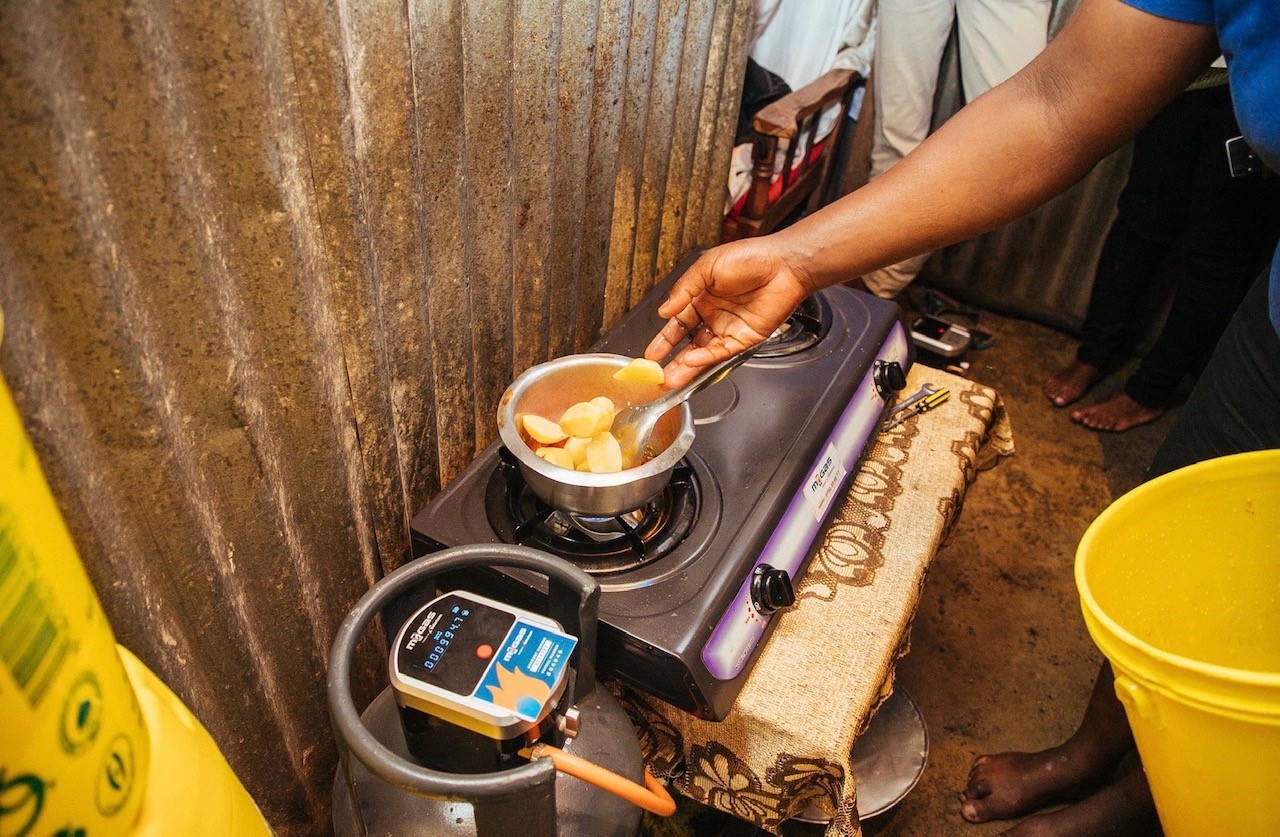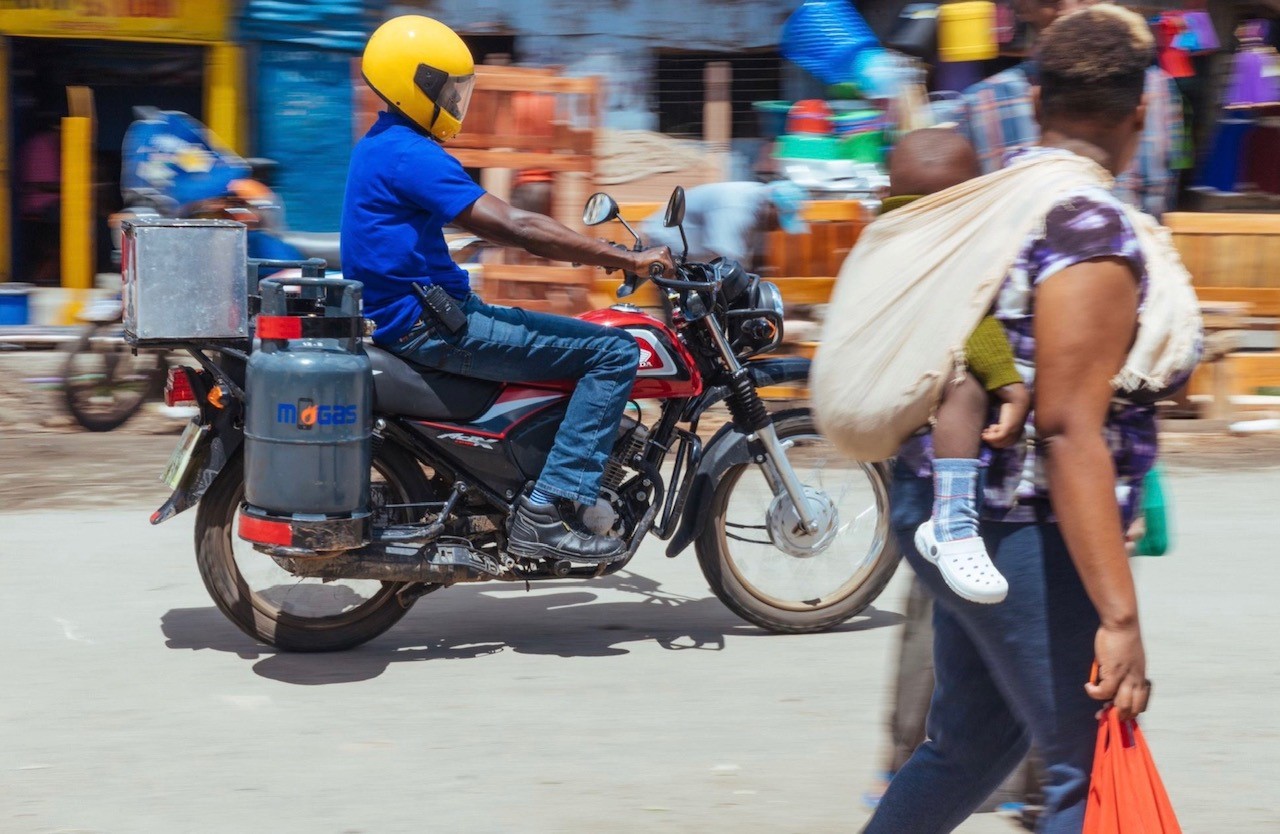Clean cooking’s largest private equity deal to date: An interview with Circle Gas CEO Volker Schultz

Circle Gas Limited, a UK holding company, recently acquired proprietary technology and advanced manufacturing capabilities developed by KopaTech, a pioneer in the pay-as-you-go (PAYG) cooking gas market.
KopaTech, a previous recipient of technical assistance from the Clean Cooking Alliance (“Alliance”), has been operating in Tanzania since 2014. This new transaction of USD $25 million will enable Circle Gas to expand KopaTech’s existing business in Tanzania as well as introduce the technology in Kenya, in partnership with leading telecom company Safaricom.
Circle Gas CEO Volker Schultz recently spoke with Peter George, the Alliance’s Senior Director for Private Sector & Investment, about what this deal means for the future of the company and its contribution to scaling up clean cooking solutions in emerging markets.
This interview is part of a series of conversations the Alliance is having with business leaders from markets around the world and across the clean cooking sector.
Peter George (PG): Congratulations on closing this transaction. How will the investment and KopaTech’s technology allow Circle Gas to become a market leader in the emerging PAYG cooking gas business?
Volker Schultz (VS): Thank you. The KopaTech technology provides Circle Gas with a robust, high-tech LPG cooking gas solution. Households in many markets will finally be able to buy LPG in small, daily quantities that will save them money versus charcoal and kerosene. Our investment will allow us to significantly scale the business model and technology that KopaTech has already successfully proven in Tanzania.
PG: What was it about KopaTech that convinced you to partner with them?
VS: We believe that KopaTech, and now Circle Gas, has the most advanced and lowest-cost PAYG meter available, and is now at the point where it can be profitably rolled out across many markets. And it goes without saying that we like the passion and skills of the wider KopaTech team.
PG: Can you describe KopaTech’s proprietary technology for those who may not be familiar with it? What benefits do you see it bringing to consumers in East Africa?
VS: Our proprietary smart meter is the heart of our service. Located directly on the LPG cylinder, the meter releases cooking gas to customers until their balance – which is tracked through an embedded digital wallet – runs out. It can be topped up using an electronic payments solution. It reports gas consumption back to Circle Gas systems to support billing and the scheduling of delivery of replacement cylinders. We also have a suite of proprietary software applications to support each aspect of the business.
PG: How long have you been watching the innovation that has been occurring within the LPG space to increase access within the emerging market context, and why did you decide to invest now?
VS: We have been analyzing the available technologies and learning about clean cooking business models for more than two years. There are many reasons that we believe now is the right moment to invest. Mobile money transactions have become ubiquitous and entail minimal transaction costs. The costs of the smart meter have already been engineered down sufficiently to be attractive. Finally, it is unacceptable that, in the 21st century, nearly three billion people are forced to cook with charcoal, firewood, or kerosene. We hope that by quickly scaling up our business, we’ll be able to offer millions of households access to a modern cooking fuel that brings immediate savings versus charcoal and kerosene, and which comes with substantial health and convenience benefits. By replacing charcoal, we also reduce carbon dioxide and black carbon emissions and help prevent the destruction of forests.
PG: This deal is being called the largest-ever, pure private equity investment in the clean cooking sector. You clearly have big plans. How do you see your business – and the clean cooking sector more broadly — developing over the next 5-10 years?
VS: The market is huge. In Africa alone, 900 million people do not have access to clean cooking. For now, our plans are to scale up quickly in East Africa. I would be very disappointed if we couldn’t grow to a few million customers in our current planning period. By combining mobile payments, our PAYG smart meter, and our last-yard logistics, we should be able to build an enduring relationship with our customers by offering them a very attractive cooking value proposition.
Of course, we also benefit from having Safaricom as a strategic investor in our company and as a brand partner in Kenya. We are already benefitting from Safaricom’s experiences and success in rolling out their M-Pesa mobile payment platform across Kenya at scale.
PG: Do you have any advice for other companies developing clean cooking technologies and business models about getting to scale?
VS: First and foremost, focus on the customer. I don’t believe it is possible to succeed in this market without an attractive offer that keeps improving and adjusting to customers’ needs. The customer needs to remain central to what we do. Secondly, focus on the company’s profitability and the huge potential for positive societal impact.
PG: Thank you for your time. We wish you the best and look forward to working together as Circle Gas scales up its business, and social and environmental impact, over the coming years.



